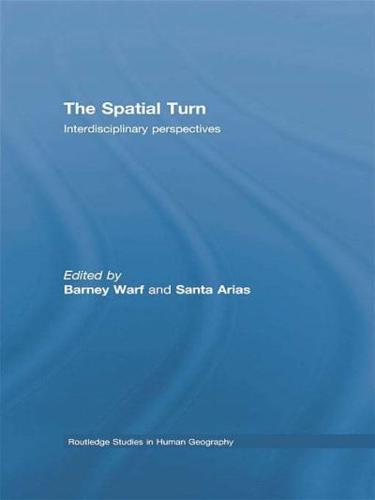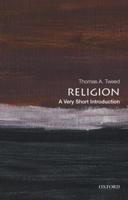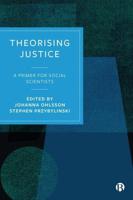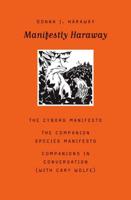Publisher's Synopsis
Across the disciplines, the study of space has undergone a profound and sustained transformation. Space, place, mapping, and geographical imaginations have become commonplace topics in a variety of analytical fields in part because globalization has accentuated the significance of location. While this transformation has led to a renaissance in human geography, it also has manifested itself in the humanities and other social sciences. The purpose of this book is not to announce that space is significant, which by now is well known, but to explore how space is analyzed by a variety of disciplines, to compare and contrast these approaches, identify commonalities, and explore how and why differences appear.
The volume includes works by 13 scholars from a variety of geographical regions and disciplines. The chapters combine up-to-date literature reviews concerning the role of space in each discipline and several offer original empirical analyses. Some chapters are concerned with Geography while others explore the role of space in contemporary Anthropology, Sociology, Religion, Political Science, Film, and Cultural Studies. The introduction surveys the development of the spatial turn across the fields under consideration.
Despite frequent reference to the spatial turn, this is the first volume to explicitly address how theory and practice concerning space, is used in a variety of fields from diverse conceptual perspectives. This book will appeal to everyone conducting conceptual and theoretical research on space, not simply in Geography, but in related fields as well.













